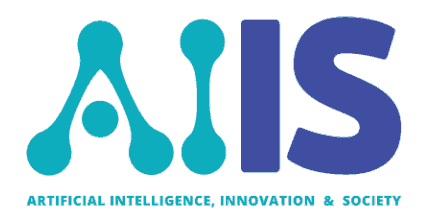Modernisation of training programmes in the medical field. The curriculum of medical education in Europe has not been adapted to the necessities of future health professionals in AI.
Better knowledge of AI by medicine and health students.
A specific training programme will be developed with support of researchers at every participant university and SME partners, addressing the need for increased knowledge in AI and other healthcare related innovations.
Better capacity of future practitioners to transfer their knowledge in society.
Participant students will receive this content through a novel collaborative learning platform. Thanks to this format, they will develop fundamental soft skills to design communication strategies, with a transnational and intercultural focus to reflect the realities and origins of the European health system users, disseminate the knowledge and better explain to the patient the use of technologies.
Better acceptance of AI and innovations by society.
Students, and thus future practitioners, will apply their acquired skills in a way that improves the quality of the patient experience, increasing the trust of the society in these new technologies.
Increased demand for AI and innovative healthcare technologies.
As the trust in new technologies increases, the demand in such products will also increase, creating new needs in R&D and opportunities for SMEs and other bodies specialised in AI and innovative healthcare technologies. This will better the position of the EU AI sector versus foreign markets. This new demand will also request new highly qualified jobs in this specific field.


